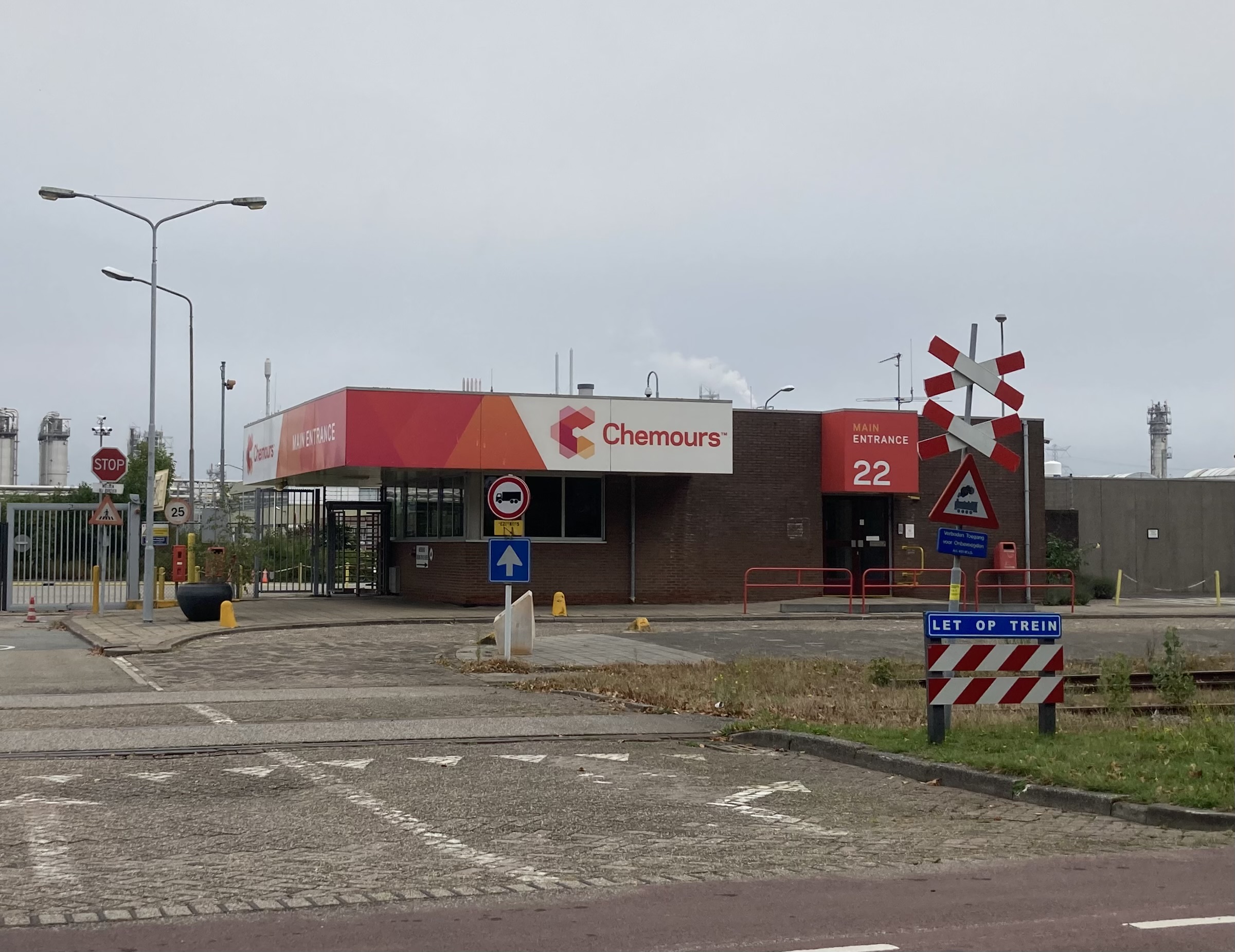Dutch Chemours plant shipped PFAS toxic waste water to US town

The United Nations has written to the Dutch government asking it to explain more about the transport of toxic water waste from the Chemours chemicals plant in Dordrecht to the Chemours plant in the American town of Fayetteville.
UN rapporteur Marcos Orellana wants to know more about the shipments, following a formal request from residents in the North Carolina town, who say Chemours has been dumping chemical waste and that has made people ill on a wide scale.
The UN request concerns “alleged human rights violations and abuses against residents along the lower Cape Fear River in North Carolina.” The Dordrecht plant has been transporting PFAD waste to the US since 2014.
The waste water is filtered in the US town to extract chemicals which are then returned to the Netherlands. But the pollution around the US operation is so great that the transport has recently been halted by the US government and the Dordrecht plant is now storing the water in the Netherlands instead.
Local media in the US revealed last week that the US environmental protection agency had “quietly approved” a permit for the import of some 1.8 million kilos of waste from the Netherlands next year, the Guardian reported earlier this month.
PFAS, or per- and polyfluoroalkyl chemicals, are a class of several thousand compounds which are used to make products water, stain and grease-resistant. They have been linked to cancer, birth defects and other serious health problems and are known as “forever chemicals” because most do not degrade.
Chemours, spun off from DuPont in 2015 to shield the latter from legal liability, is thought to be responsible for contaminating the air, soil, crops and water across hundreds of square miles in south-east North Carolina with PFAS, the Guardian said.
Dutch court cases
The Dordrecht plant is also said to have caused major pollution in the Netherlands and the company is facing several court cases. Last month, the Dutch public prosecution department launched a criminal investigation which will focus on pollution in the period up to 2012.
The decision follows the mass claim filed by lawyer Bénédicte Ficq in September on behalf of some 2,400 people. Ficq’s claim is against all managers of the factory since 1962 for knowingly releasing harmful chemicals into the environment for years.
She accuses them of “deliberate and illegal” pollution of groundwater, air and soil, specifically through releasing the carcinogens PFOA and GenX, used in the making of Teflon.
Thank you for donating to DutchNews.nl.
We could not provide the Dutch News service, and keep it free of charge, without the generous support of our readers. Your donations allow us to report on issues you tell us matter, and provide you with a summary of the most important Dutch news each day.
Make a donation